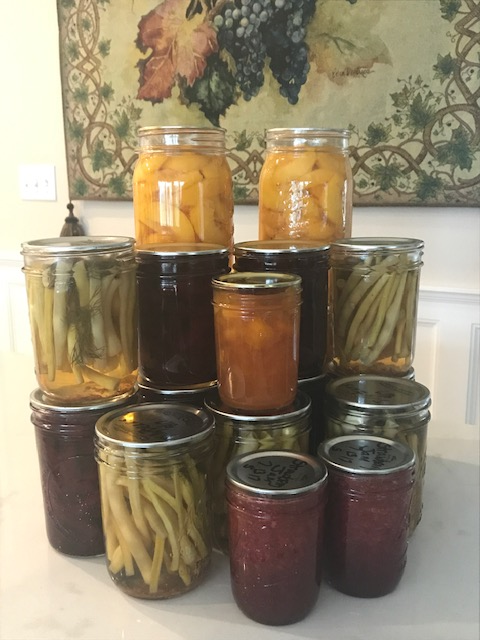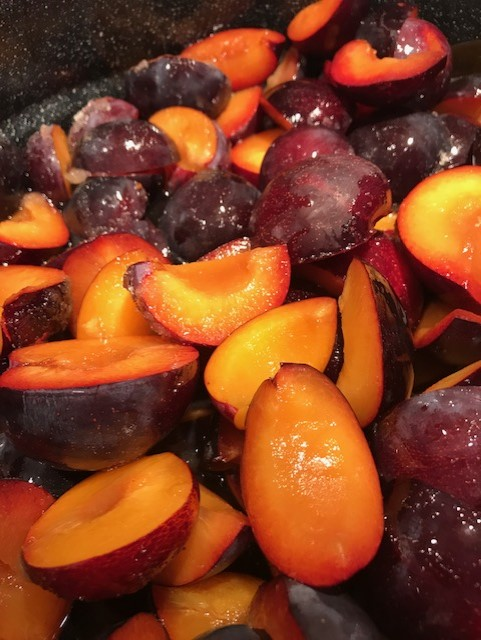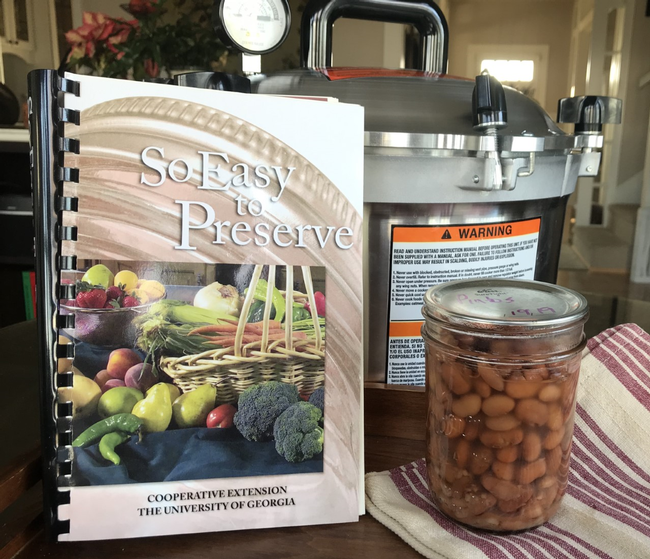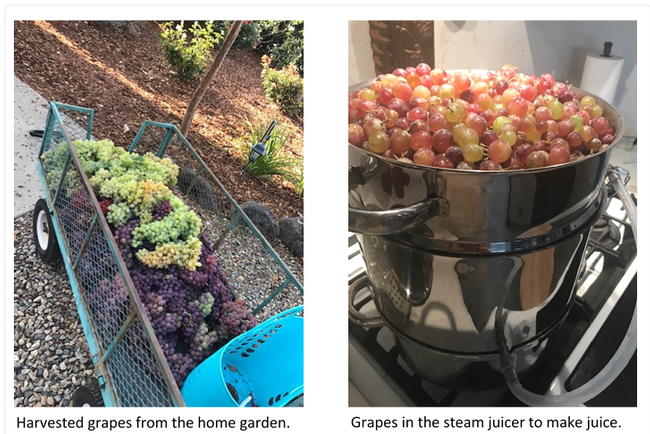Home preservation for whole foods, plant-based lifestyles
Recently there has been increasing interest and desire to grow and preserve our own produce. In addition, there has been an increase of health-conscious families turning to WFPB lifestyles. This UC Davis article explains the differences between vegan and WFPB diets.
Home food preservation is a natural accompaniment to this lifestyle, however, misconceptions about the benefits of home canning are often overlooked for the WFBP lifestyle and therefore not utilized. There is a misconception that preserved canned fruits are loaded with sugar. Unlike vegan diets, WFPB diets do not include sugar, however, WFPB diets do include raw honey if sweeteners are desired. The UC Davis Integrative Medicine article, The real truth about sugar, supports the choice to preserve fruits without the addition of sugar. And, although unprocessed foods are encouraged, minimally processed foods like home preserving, is acceptable. Here is a great article from UC Davis Integrative Medicine - What about processed foods?
Having a small orchard with cherries, peaches, plums and apricots, as well as grapes and blueberries, I spend my summers preserving fruits with no sugar. I would freeze, can or dehydrate the fruit to enjoy during the off seasons as well as making jams and jellies using Pomona's Universal Pectin without sugar, and instead using honey to add sweetness. Preserving with Pomona's Pectin preserving cookbook is an excellent resource for canning without sugar.
Beans are a protein staple for the WFPB lifestyle. A UC Davis Integrative Medicine article explains Why beans are best and are a healthful choice for a meal or a snack. Home canning beans saves time and money. This UCCE video by Dustin Blakey is an excellent demonstration for pressure canning beans. By following the recipe in the book So Easy to Preserve, for pressure canning beans, my beans always come out safe and perfect. Before serving, I bring the beans to a boil for 10 minutes and season for my desired taste.
Being a certified UC Master Gardener provided me the skills and knowledge to successfully grow my own produce. I often referr to my garden as “My Victory Garden for Health.” All the produce that is not eaten fresh is either canned, dehydrated or frozen using skills I learned as a UC Master Food Preserver.
We grew a large 4' x 16' bed of onions. Some onions were dehydrated, which was a great advantage. Snap peas, bush beans, asparagus, beets for pickling, carrots, tomatoes, and sweet corn were either pressure canned, blanched or frozen. Vegetable soup was made and canned using the So Easy to Preserve instructions.
I am not advocating that this lifestyle is for everyone since after almost one year I found my way to a hybrid form of WFPB. However, I will continue to use my UC Master Food Preserver skills to home preserve produce that is sugar free and healthy, knowing that my home preserved food is safe since I have followed recipes and procedures tested for home food preservation.
For more information about the UC Master Food Preserver Program, including the Food Preservation Video Library, visit mfp.ucanr.edu.






We all need to eat like this. They say this up coming generation has a life expectancy that is lower than ours. They attribute it to the obesity and diabetes in young kids. Keep up the great work.
Posted by Janet Winzler on August 16, 2020 at 9:09 PM